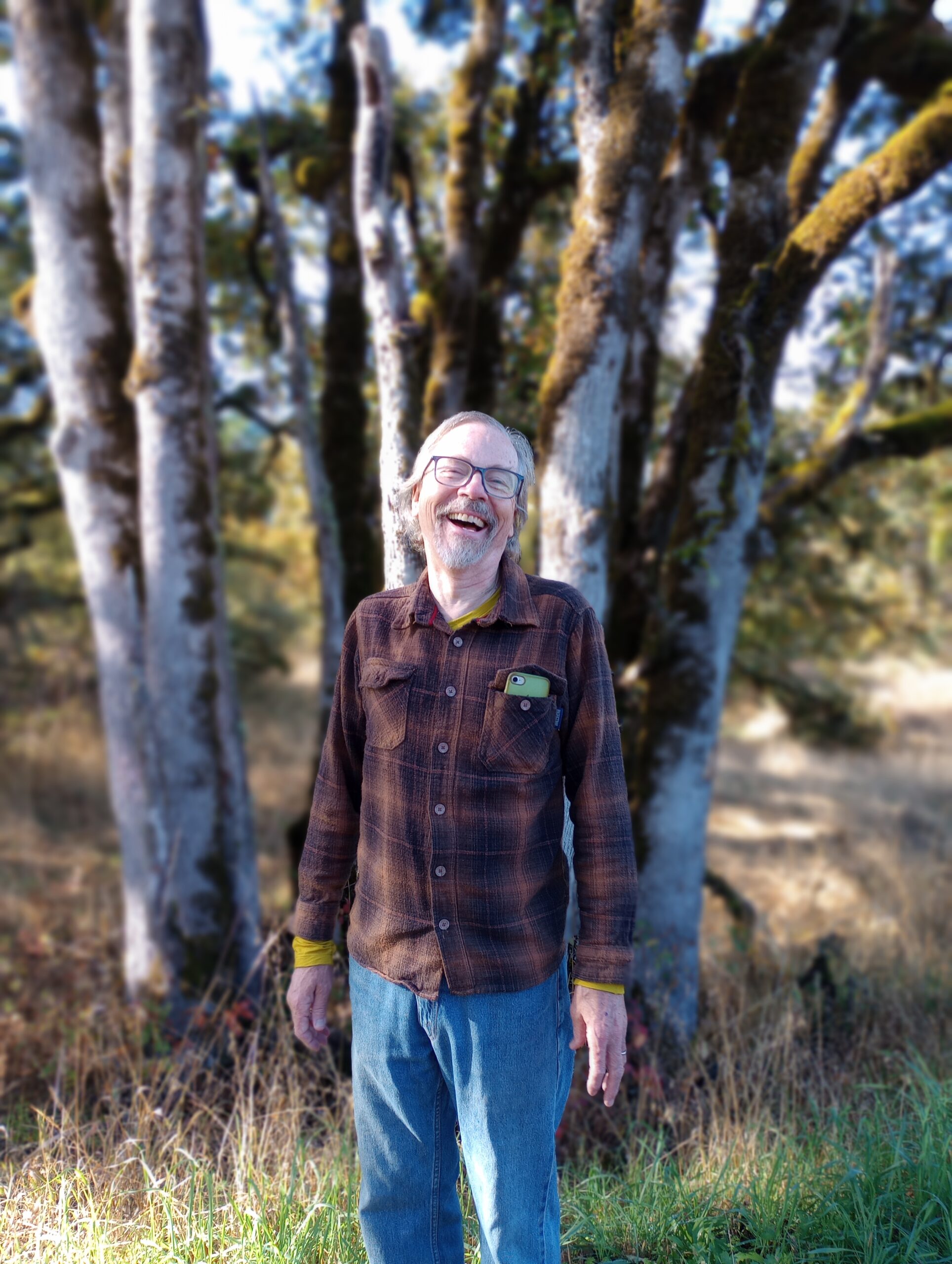Saying Goodbye While Looking Ahead
Daniel Lee Henry retires from 12 years of teaching at Lane
After teaching speech and communication classes at Lane Community College since 2012, speaker, author, journalist, broadcaster and educator Daniel Lee Henry has decided to retire.
Though it has been several terms since Henry taught a class due to health reasons and going on a sabbatical, there are still students around who will remember him and at least one fellow instructor who will miss having him across the hall.
According to Jeff Harrison, whose office was across the hall from Henry’s, Henry was “one of the special ones, and those who didn’t get to take a class with him really missed out.”
As for Henry and his feelings on teaching Lane students, he said in an interview with The Torch, “Everybody I met was thinking about a way to help the world,” he said. “I hope I learned as much as they did, because I felt like I grew up, in some ways, because of my students.”
“Dan wasn’t limited!”
When you first take in Henry’s smaller stature, grayed, weathered, kind face, clothing style that hints at the outdoors and cozy evenings by the fire, and hear his soft-spoken, conversational tone, you may make assumptions about him that could miss the mark.
As soon as you heard him start a speech or begin to teach a room full of students, you would begin to see a side of Henry that made Harrison say in an interview with The Torch, “Dan wasn’t limited!”
For one thing, Henry’s voice can instantly transform from the soft lilt of two friends sharing company into the strong resonance of a skilled orator who needs to reach the ears of every person present.
Equally important however, is Henry’s lifelong devotion to quieting down and truly listening to understand the point of view of the person in front of him.
Whether during his career as a college student, researcher, journalist, reporter, radio broadcaster, high school teacher, or college instructor, Henry has made a point of understanding the issue at hand from as many perspectives as possible.
Throughout decades of practice, Henry cultivated his patience.
Henry focused on being respectful and objective during the recording and editing of information and people’s stories, regardless of his personal views and feelings on the subject matter.
Henry said, “I’m a curious person, and I’m an open person. I don’t block anybody off because of their politics. I am aware of their politics, and I am aware of my politics, but I’m a debate coach, and so I’ve been trained to study and look at all the sides of the issue, and not go too fast.”
Perhaps the best example of Henry’s patience is that he took the time necessary (30 years, to be exact) to get to know the Tlingit elders living in southeast Alaska at the time and collect the stories he was after straight from the source.
Henry wrote down the oral history of the Tlingit interactions with John Muir and the first white explorers, military and colonists who came to the area through the Tlingit’s own words. Using these stories, along with extensive research into Muir’s life and writings, Henry published his first book, Across the Shaman’s River: John Muir, the Tlingit Stronghold, and the Opening of the North, through the University of Alaska Press in 2017.
“Not anybody could have written that book,” Harrison said. “He’s very humble, for one thing. I’ve taken many walks with him and it’s just so much fun to talk to him about his interests and the interests that we share.”
“Lane was the pinnacle of my academic and professional career.”
Even though Henry has taught at high schools, other community colleges and universities both in Oregon and in Alaska, he explained to The Torch that he “Felt the most at home at Lane” working with instructors and professors “who taught because they loved students, loved teaching, and loved working together and helping each other. There was no competition between them from what I saw, everyone was there because they loved to help students and loved to teach.”
While Henry said he still plans on teaching condensed courses through the University of Southeast Alaska in the summertime, his plans after retiring from LCC partly include finishing his second book, which will be a 30-year case study of communication around tense environmental issues in Haines, Alaska.
Henry said he continues to go to Haines each summer to teach and write, catch up with old friends, and spend time in nature.
Although Henry will continue to teach when and where he can and has taught elsewhere in the past, “Lane was the pinnacle of my academic and professional career,” Henry said.
When The Torch asked Henry’s parting advice to Lane students, Henry said, “Be open to new people and new experiences. Staying open is a beautiful thing. You have an opportunity to meet a lot of different people and have a lot of different experiences, and to not close yourself off.”
Henry continued, “There is a special opportunity at Lane to meet some interesting and different people. I know it just opened up my head to a lot of different folks. I think there is a great opportunity for people, it might be the best opportunity of your life, just to get to know a variety of other people with interests that you might not normally hang out with.”



